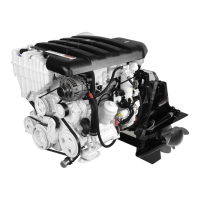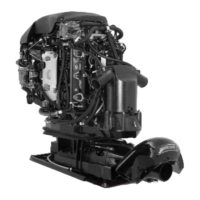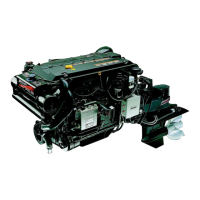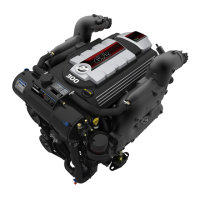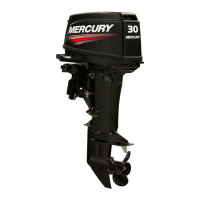49
CD771
Anti-Freeze/Coolant
CAUTION
Alcohol or Methanol base antifreeze or plain water are not recommended for use in closed cooling
section of cooling system at any time.
Because diesel engines are high compression engines and related higher engine operating temperatures are
created, the closed cooling system and engine, including related cooling passages must remain as clean as pos-
sible to provide adequate engine cooling. This can only be assured by using the proper anti-freeze, water, additives
and inhibitors. It is recommended that the closed cooled section of the cooling system be filled with a low silicate
formula of ethylene glycol antifreeze in solution with deionized water. A low silicate formula prevents antifreeze
separation which causes a silicate gelatin to form. This gelatin will block engine and heat exchanger passages
causing engine overheating.
The coolant, if not premixed, should be mixed before being added to the closed cooling system using a proper
anti-freeze together with deionized water. Common tap water or softened water contains unwanted minerals
which can leave large deposits in the system that restrict the cooling system efficiency. In addition, additives and
inhibitors introduced into acceptable coolant solutions will form a protective film on internal passages and pro-
vide protection against internal cooling system erosion.
The closed cooling section should be kept filled year-round with an acceptable anti/freeze/coolant solution. Do
not drain closed cooled section for storage, as this will promote rusting of internal surfaces. If engine will be
exposed to freezing temperatures, make sure that closed cooled section is filled with a properly mixed
antifreeze/coolant solution, to protect engine and closed cooling system to lowest temperature to which they will
be exposed.
IMPORTANT: The anti-freeze/coolant used in these marine engines must be a low silicate ethylene
glycol, containing special additives, and deionized, purified water. Using other types of engine coolant
may cause fouling of the heat exchangers, and overheating of the engine. Do not combine different
types of coolants without knowing that they are compatible. Refer to the coolant manufacturer’s
instructions.
Some acceptable types of anti-freeze/coolants are listed in the following table. Refer to “Maintenance Schedules”
for respective change intervals.
Description
Part Number
Quicksilver Premixed Marine Engine Coolant 92-813054A2
Fleetguard Compleat, Product Number 91-50663 with DCA4 additive Obtain Locally
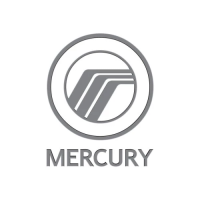
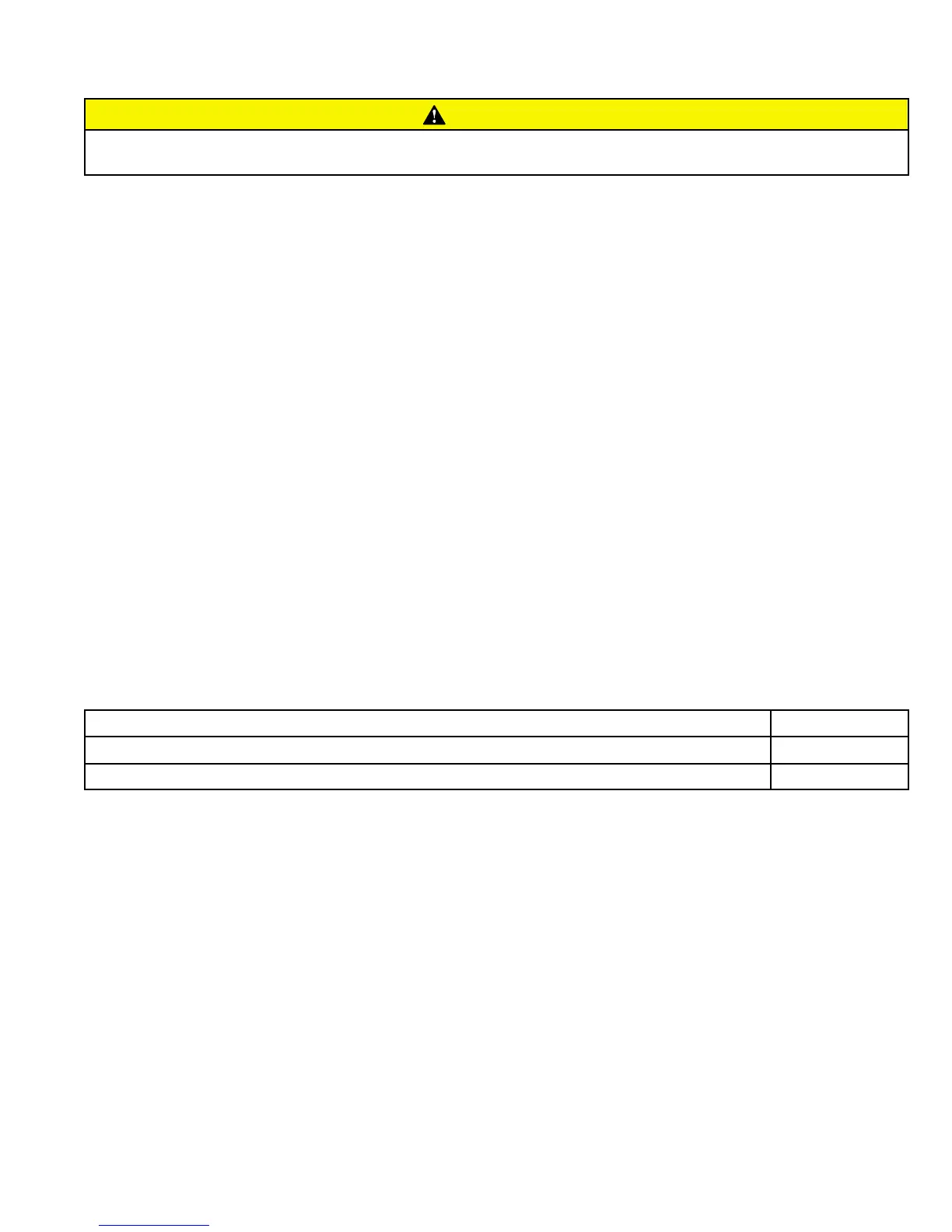